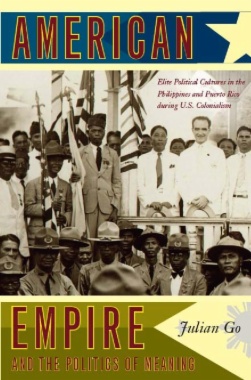On December 4-5, 2019, the National Academies of Sciences, Engineering, and Medicine held a 1.5-day public workshop titled Exploring the Frontiers of Innovation to Tackle Microbial Threats. The workshop participants examined major advances in scientific, technological, and social innovations against microbial threats. Such innovations include diagnostics, vaccines (both development and production), and antimicrobials, as well as nonpharmaceutical interventions and changes in surveillance. This publication summarizes the presentations and discussions from the workshop.
- Cover
- Front Matter
- 1 Introduction
- 2 Pivotal Role of Innovations in Tackling Microbial Threats: Lessons from Past Outbreaks
- 3 Harnessing Lessons from Emerging Scientific, Technological, and Social Innovations
- 4 Overcoming Barriers in the Field to Bolster Access and Practical Use of Innovations
- 5 Systems Approaches to Spur Innovations in Tackling Antimicrobial Resistance
- 6 Breaking Down Barriers and Fostering Partnerships to Enable Innovation
- 7 Nurturing Innovations Through Novel Ecosystems to Accelerate Research and Development
- 8 Visionary Statements on Priorities for Innovation
- References
- Appendix A: Workshop Statement of Task
- Appendix B: Workshop Agenda
- Appendix C: Speaker Biographies

